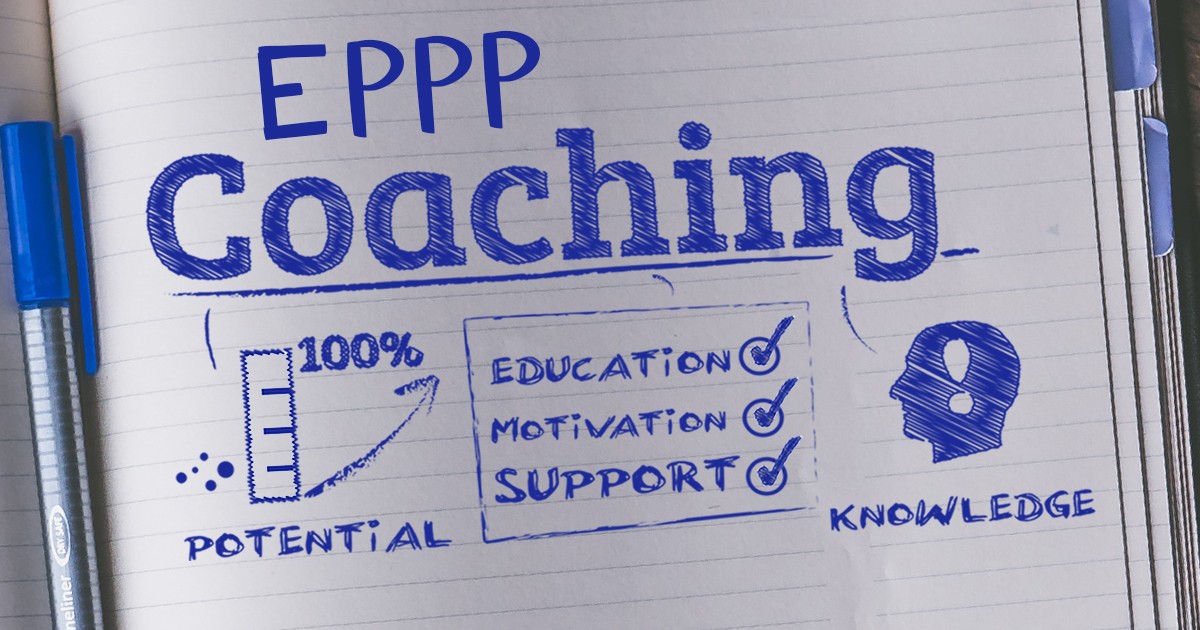

Why do I need an EPPP Coach?
DR. NIKKI JOHNSON PSYD
As a successful graduate student, I know you must be thinking: Why in the world would I need a coach? After you, you have successfully completed rigorous coursework, clinical competency exams, and a dissertation. You have completed thousands of hours of clinical work, reading and successfully passed every course. You are smart, capable and a doctor. To this, I ask: When was the last time you took a 4-hour, 225 question exam?
Coaching often seems like a foreign concept, but can be very helpful in preparing for the EPPP. If you are like most graduate students, you are likely a strong writer but haven’t taken a long multiple-choice exam in years. To add to the pressure, this exam regulates your ability to get licensed and enter to the field. With so much on the line, there’s a few ways a coach can help.
Addressing Good and Bad Advice
Oh, the bad advice I hear from well-meaning colleagues and friends. Since most people speak from their anecdotal experience, they offer what they may have heard from classmates or supervisors who took the test many years ago. The most common bad advice I hear: Just take a bunch of practice tests. Just because it may have worked for someone at one time, this exam requires a lot more preparation. The additional negative impact from this advice is that many people will burn through all of their practice tests without studying. When they have taken all the exams and don’t see their scores improve, they then reach out to a coach. At this stage, there are no longer any fresh exams to serve as an accurate gauge of readiness. A coach will help you pace yourself and can glean experiences from many people so they can let you know which advice to take and which to pass on.
Structure
When you first see the study materials, it’s easy to wonder: How will I ever get through all of this? Compounded by the fact that much of the material you have not seen since Psych 101, it can feel like an overwhelming amount of content. A coach can help break the information into digestible pieces and create a structure that works with your schedule. A coach can tell if you are going to slow or too fast and help adjust accordingly. They are also there to help troubleshoot if you hit a bump. If your scores plateau or you have trouble gaining momentum, a coach can help provide strategies to keep you progressing along. I often relate studying to any behavioral change you try to make: you need to be consistent, patient and dedicated to really see the benefits.
Emotional Support
After years of likely working with a cohort and relying on classmates through big projects, you find yourself studying for one of the biggest exams of your life…alone. The classmates who crammed for finals with you and commiserated over dissertations are likely now scattered throughout the country. They may also be at different stages or not preparing at the same pace. The time commitment is significant and often the best people in your life (parents, friends and spouses) don’t fully understand the investment or sacrifice involved. It can be helpful to have a coach remind you that you are capable and normalize the stressors involved with testing. After years of getting A’s and B’s, it can be very disheartening to see a 50% on a practice exam. When a week of studying translates into only a modest increase, a coach can tell you that your small increase is normal. Having completed the EPPP gauntlet myself, I know I can personally relate based on on my own experience and speak to the emotional and psychological drain studying can bring. A coach gets it and can be there when you start to lose motivation or start to get anxious.
Accountability
Studying for the EPPP can be a lonely road and having someone to normalize your experience is helpful. In addition, studying often stretches over the span of several months and motivation can start to waver. Its easy for work, family, clinical hours and life to crowd out studying. With a coach, you can schedule regular checks in to keep you accountable. It’s a lot easier to maintain motivation when you know you have to give an account for what you did next week. This ensures that you not only create a plan, but stick to it!
Overall, a coach can serve a unique role in your test preparation. They can be an advisor, planner, encourager and supporter. While coaches are not tutors, they can provide helpful techniques in approaching the test strategically and helping you achieve success. Overall remember: You are smart, capable and a doctor. You have done hard things and you can pass the EPPP too.
Dr. Nikki Johnson is a licensed Psychological and a remote coach outside of Seattle, WA. She holds a PsyD in Clinical Psychology with a Forensic emphasis from Azusa Pacific University, an APA accredited school in Southern California.



